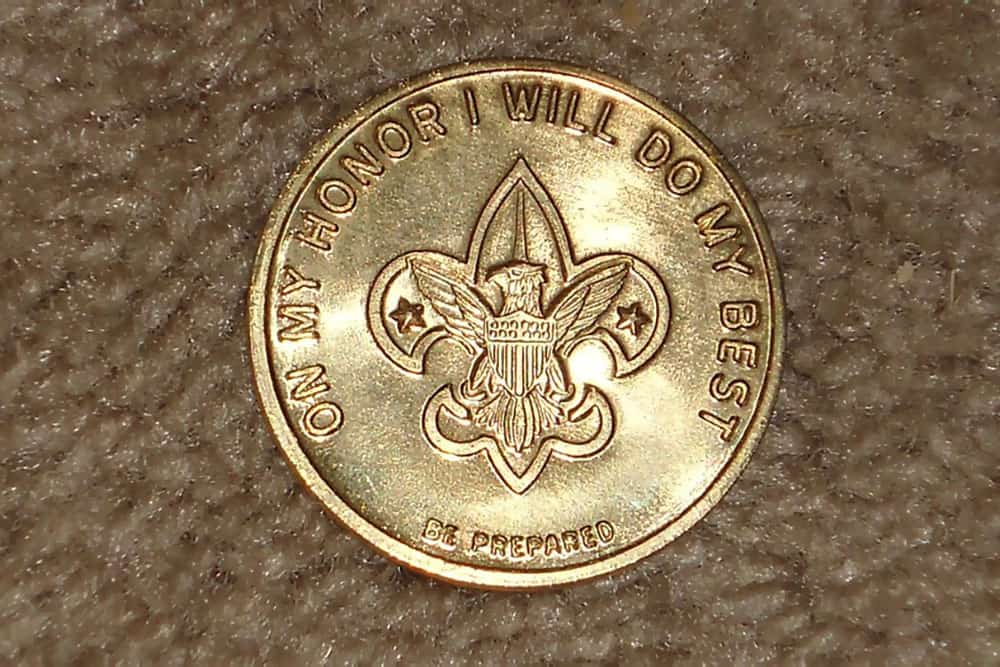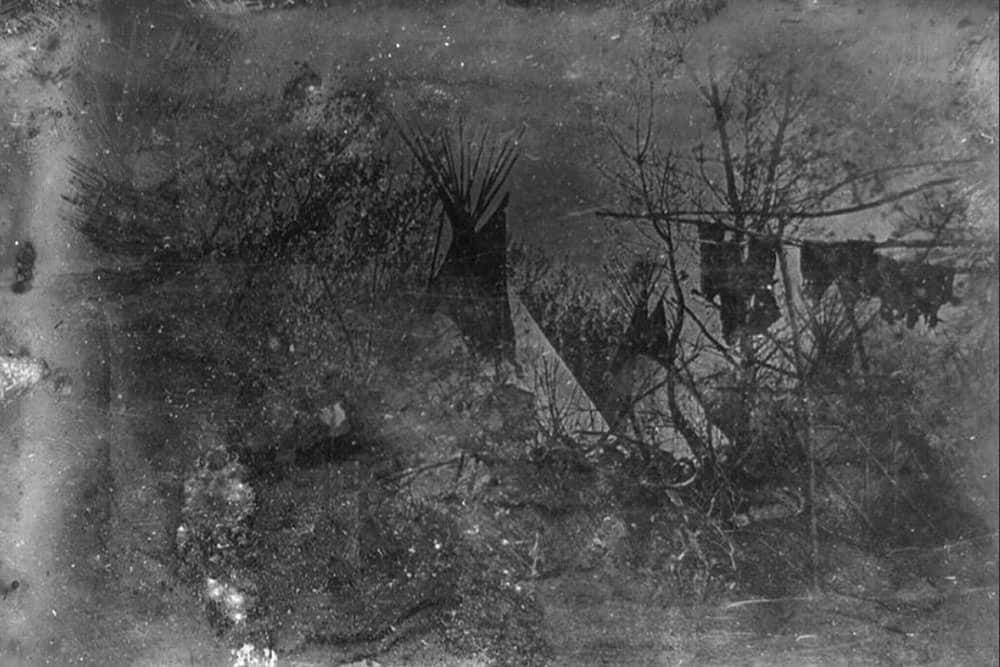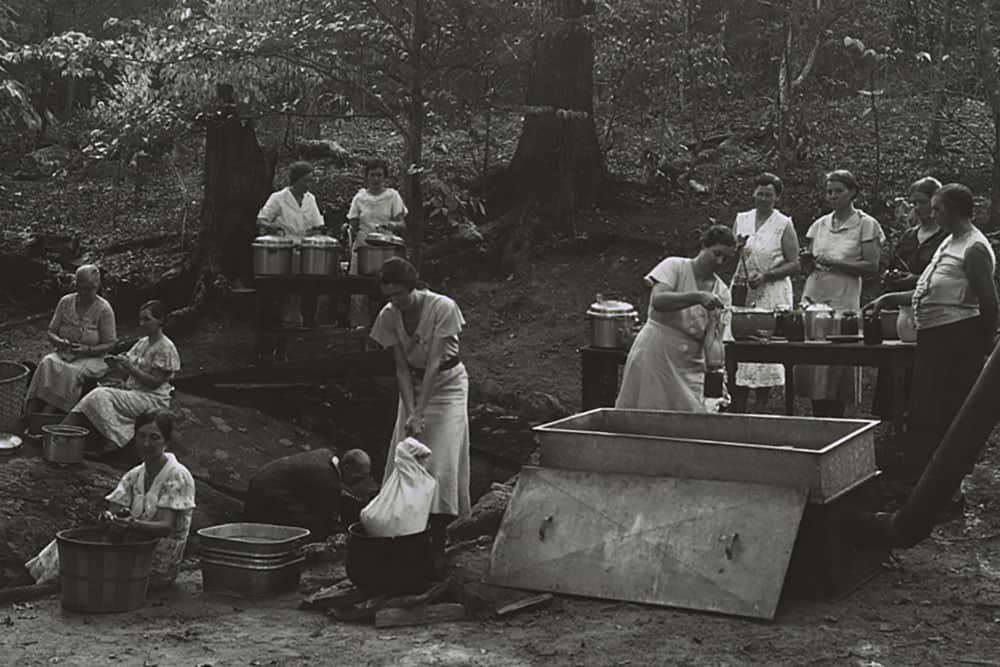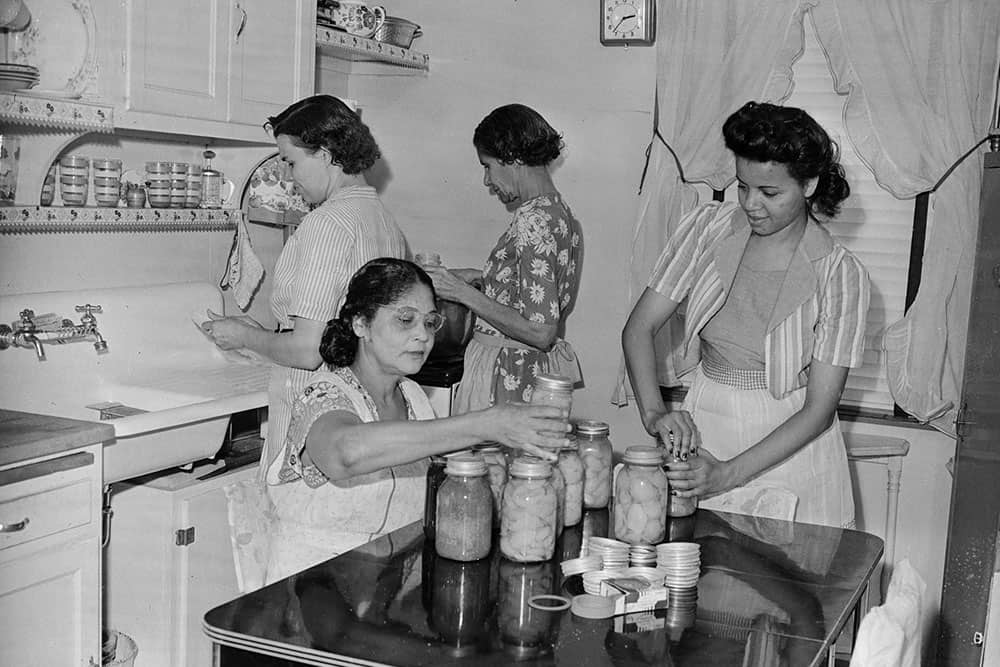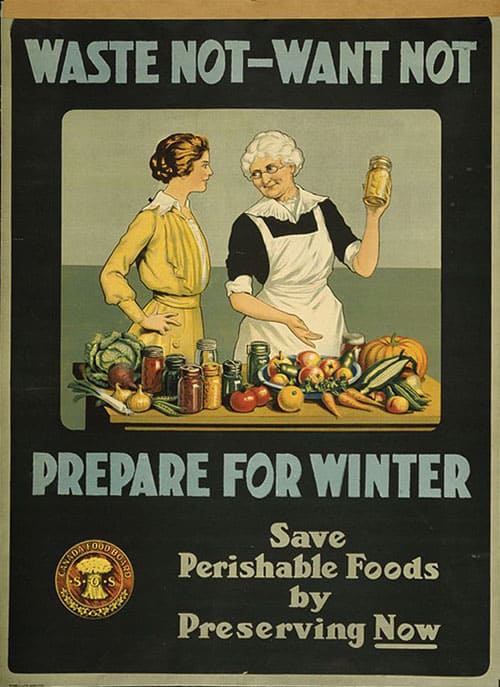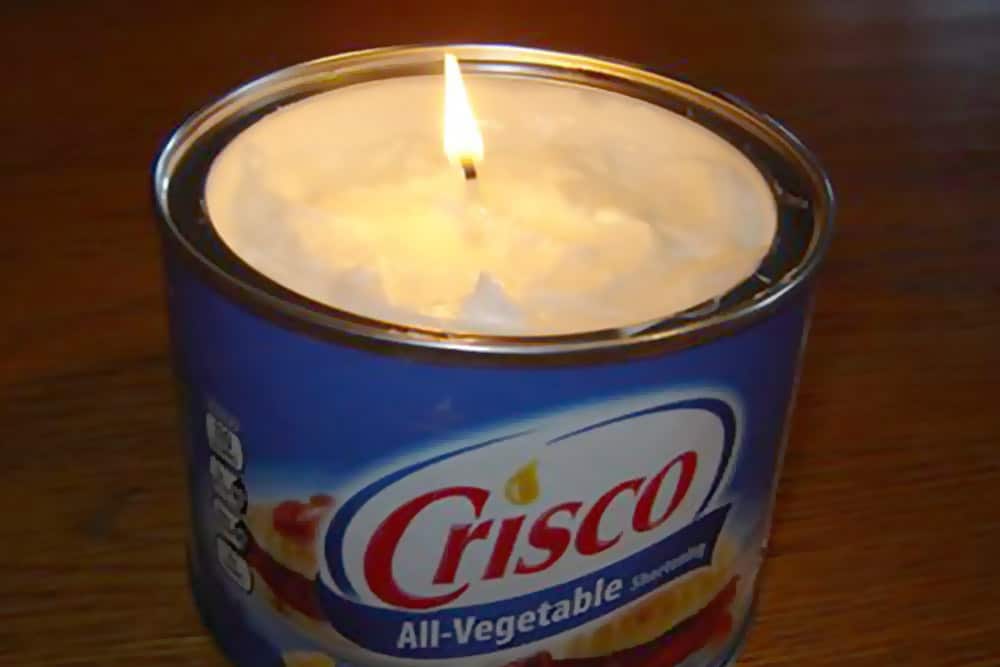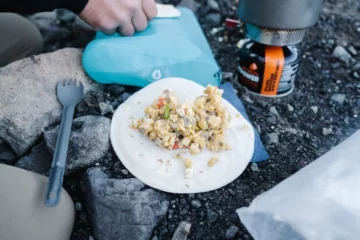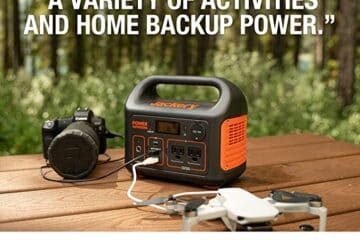If you are in the habit of believing what you read and hear in the mainstream media then you likely believe a prepper is a guy who hasn’t shaved since the 2008 financial meltdown, who owns a dozen AR15s and spends all his time stocking his bunker in Idaho with pemmican or hardtack. And you could be forgiven for harboring that belief because that was the perception being peddled by the media prior to 2020.
But once countries began to close their borders and panic set in over the newest version of the coronavirus (according to the National Institutes of Health there are hundreds, seven of which have been circulating among humans for centuries (1), causing what we call the “seasonal flu”) a lot of people who had scoffed at preppers found themselves standing in line at Walmart with a cart full of toilet paper “prepping” for the worst. Or at least, the metabolic worst.
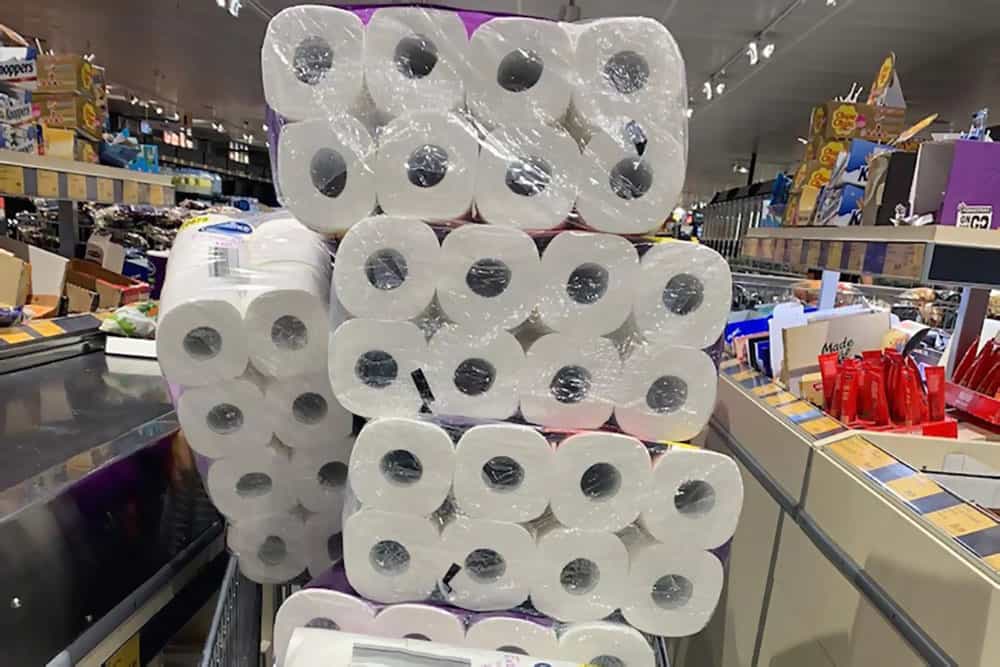
Even those whose first reaction to a potential apocalypse was not “How will I wipe my butt?” quietly went about stockpiling cash, clearing supermarket shelves of canned goods and purchasing a handgun. You know, just in case.
The bottom line is that, as a result of our collective coronavirus experience, there has been a reappraisal of preppers, and the first step in that reappraisal was to more accurately define what a prepper is and what they are not.
What a Prepper Is
A prepper is someone who believes in being prepared. Sound familiar? It should. “Be prepared” has been the motto of both the Boy Scouts and Girl Scouts for over a century. But preparedness runs much deeper in American culture than just scouting.
Preppers in America: A Brief History
Chances are your grandparents – or great-grandparents as the case may be – were preppers. 100 years ago it was considered irresponsible to not engage in canning (2). As recently as the 1950s a large percentage of families had significant stockpiles of self-canned goods or “preserves” in Mason or Ball jars lining shelves in the basement. They did it because they understood and appreciated the precarious nature of existence and that it pays to be prepared. (The USDA still publishes a guide to home canning if you are interested.)
Going back even further, in frontier times homeowners would accrue huge stockpiles of wood during the warm weather months in preparation for the winter. People in remote areas still do this. They would also dry fruit in large quantities to be rehydrated and eaten during the cold weather months. And they would preserve large quantities of meat for months at a time by basically packing it in so much salt that it would short-circuit the rotting process (3).
Native Americans were also well-known preppers and would spend much of their time drying meat for later use, as you can see in the rare photo below from the mid 1850s (that’s the dried meat on the right of the picture, hanging in front of a couple of teepees).
None of these people did these things because they believed the apocalypse was imminent. They did so because there was no valid excuse for not being prepared.
Since the end of World War II faith in technological marvels has blinded many people to the reality that life is still an uncertain endeavor at best. Their hubris has caused them to abandon even basic notions of preparedness like saving money or buying a few extra canned goods. At the same time preppers were portrayed as wackjobs who were in denial of how effortless science and technology had made our lives.
And then 2020 happened: borders were slammed shut, store shelves were stripped bare, global supply lines were disrupted and preppers began to seem prescient rather than peculiar.
So what is a prepper? A prepper is a person who lives in the real world and recognizes that life can be turned on its head in an instant. They don’t spend all their time obsessing about it. But should something happen to disrupt their cushy lives, they’re ready.
Common Characteristics of a Prepper
Most preppers share a few common characteristics. They are:
Self-Sufficiency
Preppers believe that, whether times are good or bad, they should be able to take care of themselves. It’s not that they’re anti-social. It’s that they understand other people have their own lives and concerns, and if the SHTF the neighbors will have enough to worry about without people coming to their door asking for help.
Useful Skills
Many people have become so reliant on technology and more specifically, electricity, that they panic if the power goes out even for a short time (4). But what if there were long term disruptions to the power grid, or social order breaks down for whatever reason and you’re forced to leave your home? What would you do?
- Would you know how to build a fire to cook food and stay warm?
- Would you know how to build a basic shelter?
- Would you know how to navigate using a paper map and a compass?
- Do you know basic first aid?
- Do you know how to hunt, fish or trap?
- Do you know any self-defense techniques?v
All these and more are skills most preppers will cultivate because, as 2020 showed us, you never really know what’s around the corner.
Self-Reliance
Self-sufficiency has to do with being able to feed and care for yourself independent of all other potential sources of help. Self-reliance on the other hand has to do with trusting your own judgement, especially when it comes to life and death situations.
The Sewol ferry disaster of 2014 is a painful example of the value of self-reliance. The Sewol was an ocean-going ferry that capsized while transporting several hundred teenage students between Incheon, South Korea and the island of Jeju. Part way through the journey the boat began to take on water and list. Official announcements came over the loudspeaker system telling the students to stay where they were. At the same time the captain and several other crew members fled the sinking ship.
As the ship listed more and more precipitously a number of students realized the growing peril and evacuated, while most of the others were hesitant to “disobey” despite growing evidence that the ship was doomed (5). Most of those who disobeyed the “stay where you are” orders and fled wound up surviving after being picked up by local fishermen (the Coast Guard was nowhere to be found). While 250 students who obeyed the order to stay where they were drowned.
Most preppers are not anti-government zealots with a blanket aversion to authority figures. Instead, they are self-reliant. That is, they will usually give the official guidance a chance. But crucially, they will continue to assess the situation, regardless of what they are being told. Self-reliance kicks in if and when it becomes apparent the official guidance is flawed.
What a Prepper is Not
A prepper is not a survivalist. At least, not in the sense that they are convinced that the end is nigh. Preppers do not spend their lives surfing the dark web and promoting the latest conspiracy theory du jour. Instead, they go about their lives with hope for the future, but content in the knowledge that should things turn south, they’re ready.
While we’re on the subject of what a prepper is not, this seems like a good time to address some common misconceptions about preppers that have been circulating in the media for years.
Misconception 1: Preppers Are Prepping for the Apocalypse
The average prepper is an average citizen. They’re well-educated, hard-working, and want their kids to have it at least as good or better than they did. They aren’t prepping for the Day of Judgement or because they believe societal collapse is imminent. There are exceptions to every rule, sure, but the vast majority of preppers simply want to be ready for the very real possibility of a hurricane, tornado, flood, public health crisis or some other event that disrupts everyday life.
Misconception 2: Preppers Are Heavily Armed Fanatics
Not true. Heavily armed fanatics are heavily armed fanatics. Preppers have more in common with your great grandmother who kept preserves in the basement than they do with heavily armed fanatics. According to Gallup 32% of all US adults report owning a gun (6). Without a doubt, among that 32% are some preppers. They own firearms for the same reason most other people do: because they understand that the day may come when they may need to defend themselves, their family members or their property. That’s it.
Misconception 3: Preppers Are Loners
Not even remotely true. Most preppers have families, steady jobs and are solid members of their community. They are open-minded, tolerant types who don’t burn and loot stores, don’t contribute to the appalling murder rate in the country and don’t walk around at night with a loaded .44 Magnum looking for trouble. They vote, pay taxes and take vacations with their families just like normal people everywhere.
Misconception 4: Preppers Are Conspiracy Theory Wackjobs
The proliferation of conspiracy theories is a troubling development, but it is not one that is confined to preppers. Sure, there are some preppers who believe in various conspiracy theories. But the same is true for some bankers, real estate agents, web designers, social media influencers, straight people, gay people and just about every other discernible group you wish to name. The unfortunate reality of our time is that for everyone on the right who believes coronavirus vaccines contain tiny robots, there is an equally unstable person on the left who believes the Russians caused Hillary Clinton to lose in 2016.
Conspiracy theorists tend to attribute everything they can’t easily explain (and even some things that can be easily explained but which they choose to deny) to some nefarious force attempting to manipulate them. Most preppers, on the other hand, understand that a lot of things that don’t make sense or that go wrong can be chalked up to simple human incompetence. It’s this incompetence that one must be on guard against, because it can often, (as was the case in the Sewol disaster), create catastrophic end points.
In a nutshell the difference between a conspiracy theorist and a prepper is the difference between being paranoid and being skeptical. Skepticism is healthy. Paranoia is not.
Conclusion
One of the few good things to come out of the coronavirus experience was a more positive assessment of preppers and prepping. Many former skeptics finally came to understand the common sense value of being prepared for the unexpected. And even the media began to soften its approach and admit, (although grudgingly in most cases), that they might have been too hard on most preppers in the past (7).
The fact is, prepping has a long and proud history. It is a common sense response to a world where, despite all our knowledge and sophisticated technology, the unexpected still happens and mother nature reminds us with disturbing regularity who is actually in charge.
